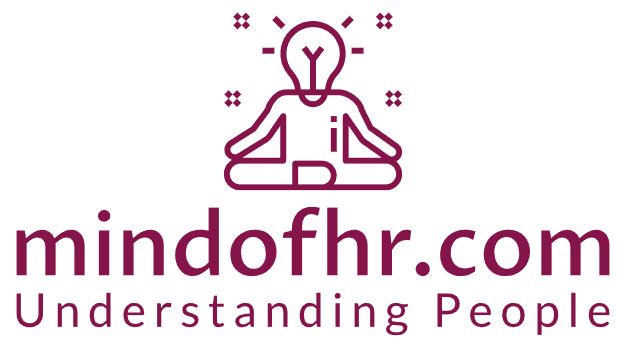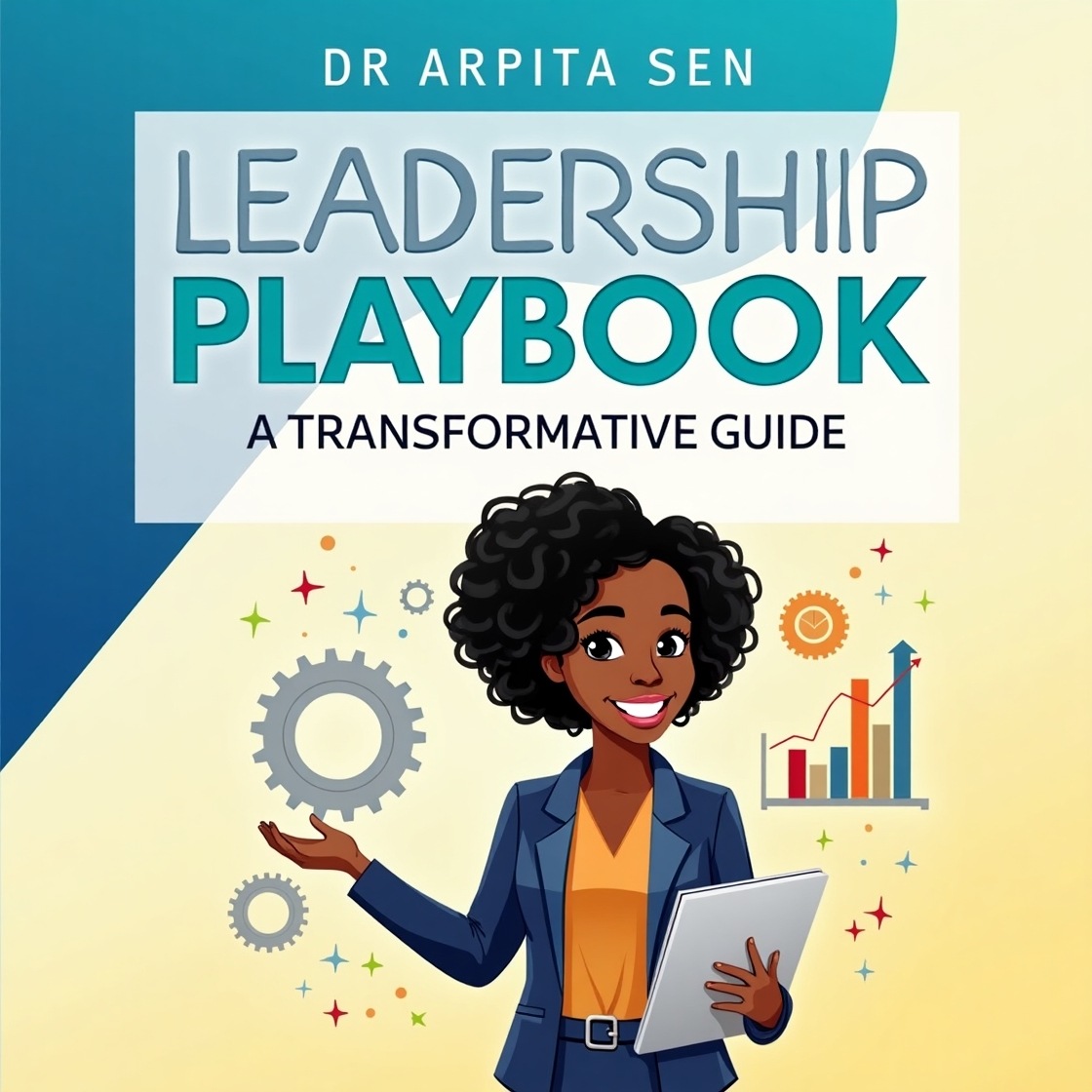In the complex and ever-evolving world of organizational management, the role of Organizational Effectiveness (OE) practitioners has become increasingly crucial. While external consultants can provide valuable insights and expertise, in-house OE practitioners often possess a distinct advantage in addressing organizational challenges.
Intimate Knowledge of the Organization
In-house OE practitioners have a deep understanding of the organization’s culture, history, and inner workings. They are embedded within the fabric of the company, allowing them to navigate the complex web of relationships, politics, and unspoken norms that can often hinder progress. This intimate knowledge enables them to identify and address the root causes of organizational issues more effectively than external consultants who may lack this contextual awareness.
Agility and Responsiveness
In-house OE practitioners are uniquely positioned to respond quickly to emerging challenges and opportunities within the organization. They can quickly gather relevant data, engage with key stakeholders, and implement solutions in a timely manner. This agility is particularly valuable in today’s fast-paced business environment, where organizations must be able to adapt and pivot rapidly to stay ahead of the competition.
Trusted Relationships and Credibility
In-house OE practitioners have the advantage of established relationships and credibility within the organization. They are often seen as trusted advisors who understand the nuances of the company and can effectively communicate and collaborate with various departments and teams. This level of trust and rapport can be crucial in driving organizational change and securing buy-in from employees.
Continuity and Institutional Memory
Unlike external consultants who may come and go, in-house OE practitioners provide a sense of continuity and institutional memory. They can build upon past initiatives, learn from previous successes and failures, and ensure that organizational knowledge and best practices are retained and refined over time. This long-term perspective can be invaluable in driving sustainable change and improvement.
Cost-Effectiveness
Employing in-house OE practitioners can be a more cost-effective solution compared to relying solely on external consultants. While external consultants may bring specialized expertise, their services often come with a higher price tag. In-house OE practitioners, on the other hand, are already part of the organization’s workforce, and their salaries and benefits are typically integrated into the overall operational budget.
Alignment with Organizational Strategy
In-house OE practitioners are uniquely positioned to align their efforts with the organization’s overall strategic objectives. They can seamlessly integrate their initiatives with the company’s broader goals, ensuring that their work directly contributes to the achievement of the organization’s vision and mission. While external consultants can certainly play a valuable role in addressing specific challenges or providing specialized expertise, the inherent advantages of in-house OE practitioners make them a crucial asset in driving sustained organizational effectiveness. By leveraging the deep knowledge, agility, and credibility of in-house OE practitioners, organizations can navigate the complexities of today’s business landscape and achieve long-term success.











